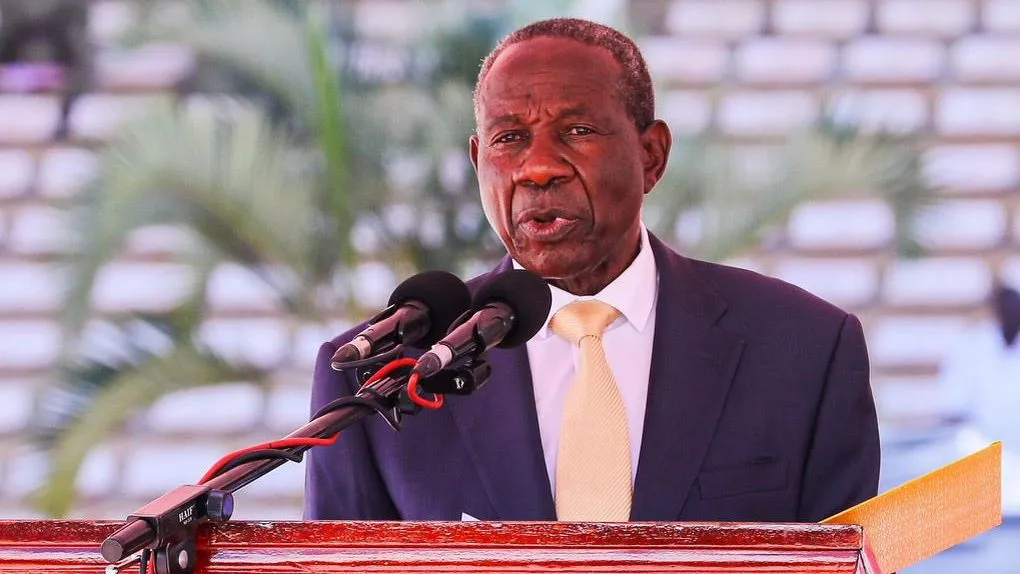Social media is buzzing with reactions following the announcement that the Ugandan government has allocated UGX 66 billion to the creative arts industry in the 2025/26 financial year.
The funding, presented as part of the larger UGX 835.98 billion Science, Technology, and Innovation (STI) ICT package, was unveiled by Finance Minister Matia Kasaija during the national budget reading at Parliament on Thursday.
An additional UGX 10 billion was earmarked specifically to help artists recover from the economic impacts of the COVID-19 pandemic and to establish a revolving fund aimed at empowering young creatives to generate wealth and employment.
While some Ugandans online welcomed the move as a significant investment in one of the country’s most vibrant sectors, others raised concerns about transparency and accountability. Critics questioned whether the funds would truly reach grassroots artists or remain concentrated among a select few, as seen in previous allocations.
“Let the money work for the dancers in ghettos, the scriptwriters, fashion designers, videographers—not just the big names we always hear about,” tweeted one user.
The scepticism is partly fueled by recent controversies surrounding the Uganda National Musicians Federation (UNMF), led by artist Eddy Kenzo. The federation reportedly received UGX 13 billion in government funding, which allegedly ended up being distributed primarily among the top leadership. The incident sparked national debate over how public funds meant for the creative sector are managed.
Despite the criticism, several stakeholders in the arts community have lauded the allocation. “This could be a game changer if implemented well,” said a local filmmaker in a viral Facebook post. “We need to organise ourselves as an industry and push for equitable access.”
Related Articles:
Uganda’s Economy Can’t Sustain Shs 72 Trillion Budget – Ssemujju Nganda
Ugandan Start-Ups Get Three-Year Tax Holiday In New Budget Push
The government has yet to release detailed guidelines on how the funds will be distributed or monitored, but all eyes are now on the Ministry of Gender, Labour and Social Development, which oversees arts and culture, to ensure the money supports the intended beneficiaries.
As Ugandans debate the implications of this funding boost, one thing is clear: the creative industry is finally getting the financial attention it has long demanded—now, the focus shifts to accountability and impact.




